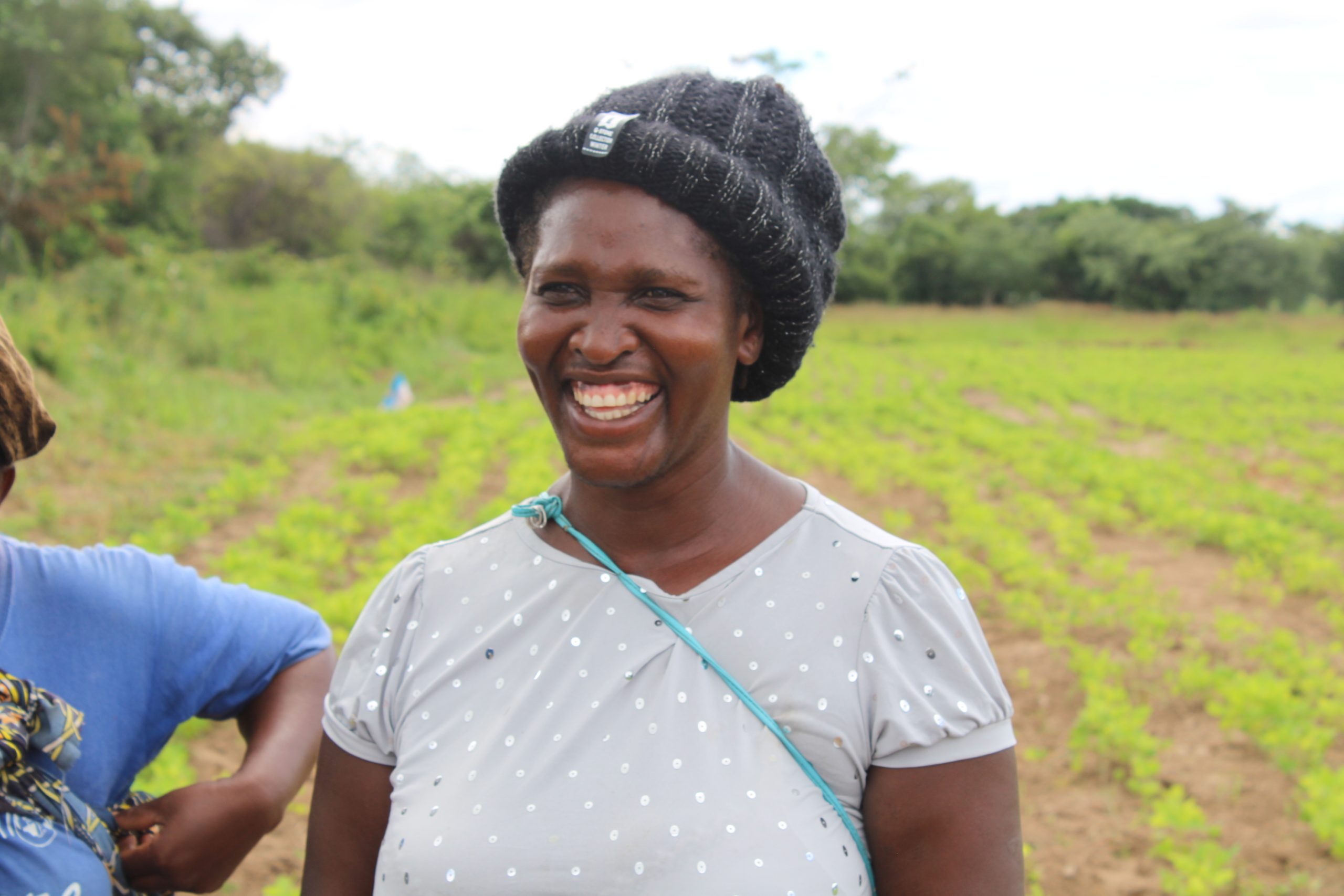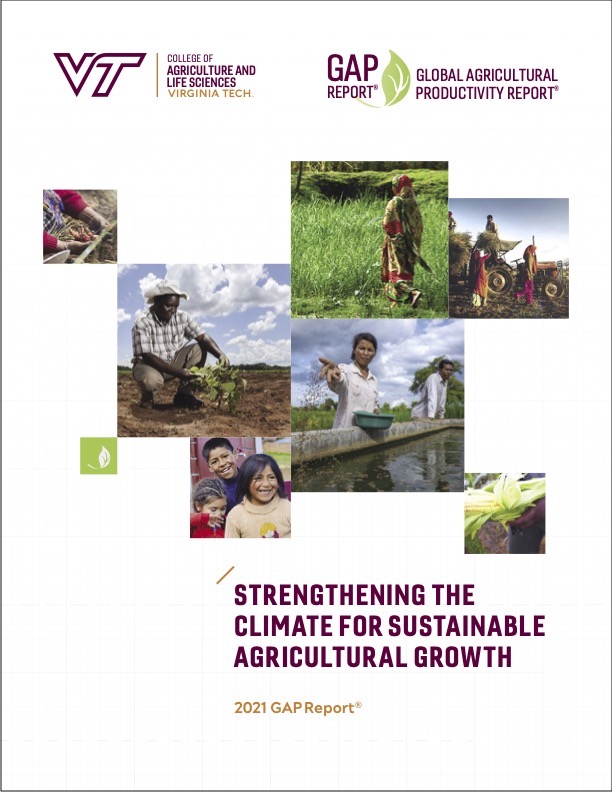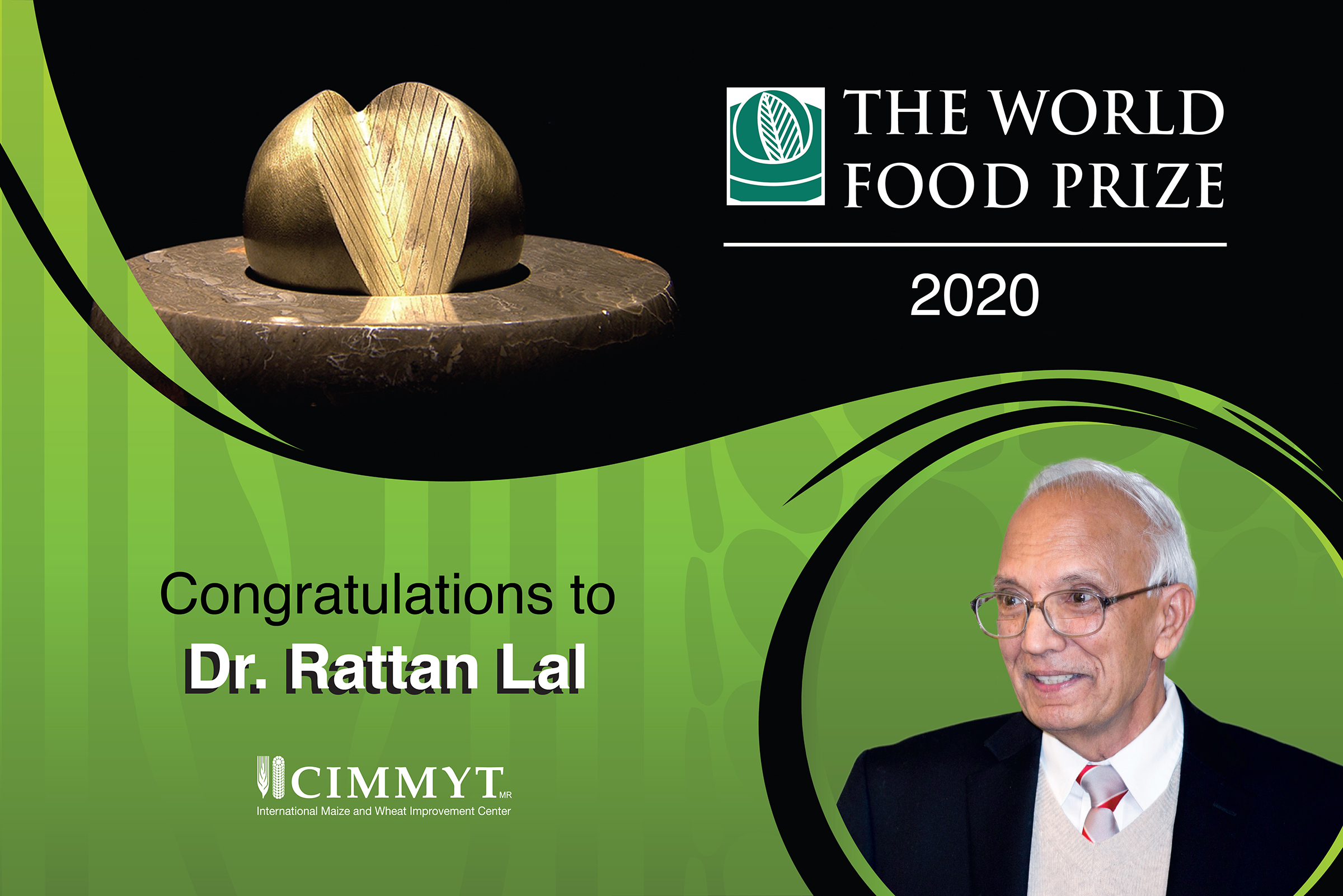
Leading scientists, practitioners and representatives of development agencies, and international and non-governmental organizations reimagine the path to achieve Zero Hunger at a time when recurring crises driven by food insecurity, climate change and conflict stretch both emergency response and development efforts to the limit.
The exercise aims to trigger disruptive thinking around how long-term development investments can help build more resilient communities. Stronger cooperation mechanisms between the humanitarian and development sectors are necessary to break the cycle of recurrent crises by building local agency and capacities. Aid and development beneficiaries in vulnerable communities must be front and center in every effort seeking to achieve a hunger free and sustainable planet.
The brief has been endorsed by a group of experts who participated in the 2022 Borlaug Dialogue of the World Food Prize in Des Moines, Iowa.
How can we overcome the primary obstacles to a food secure, resilient, and inclusive world?
The first challenge involves addressing fractures between aid and development organizations that work in silos without sharing information, objectives, learnings, and resources. The authors make a strong case for increasing cooperation – rather than competition – to confront the intricate and interconnected challenges of climate change, food insecurity and conflict.
In addition, they advocate for more ambitious and community-centered interventions that prioritize systemic change over emergency responses to food crises. The change of perspective implies shifting the emphasis from addressing immediate humanitarian needs to investing in long-term resilience.
The third recommendation is to phase out outdated top-down planning and policy-making processes that fail to align with community needs, delegate decisions or transfer resources directly to partners on the ground. Listening to the needs of beneficiaries and affected communities from the start of any intervention is considered the most significant step to achieve lasting change.
CIMMYT and partners are leading by example and catalyzing change in sub-Saharan Africa
With funding from the United States Agency for International Development (USAID), CIMMYT and other CGIAR centers, in partnership with innovation generators and organizations on the ground, will develop and scale up solutions for transforming farming systems by implementing the Accelerated Intervention Delivery Initiative (AID-I) in Malawi, Tanzania and Zambia, and the Sustainable Agrifood Systems Approach for Sudan (SASAS). Both initiatives answer the need for stronger cooperation between the humanitarian and development sectors by creating a common space where aid and research organizations work together on the ground to address the urgent and long-term needs of vulnerable communities to their mutual advantage.
These CIMMYT-led projects will establish innovation hubs or networks for developing, testing, and adapting sustainable farming practices and technologies to the needs of local farmers actively engaged in participatory research and extension activities, building cooperative relationships, and leveraging the existing collaboration between One CGIAR research systems. As a result, co-creation between partners and project beneficiaries is at the heart of every research activity, co-development process and scaling endeavor.
AID-I will adopt market-based approaches to provide critical information and innovations to 3 million smallholder farmers, who will maintain or increase local food production and mitigate the impacts of the global food, fuel, and fertilizer crises. Small and medium sized enterprises will be supported to strengthen innovative approaches to agricultural value change development, creating agricultural systems that are built for long-term resilience and success.
Similarly, SASAS will take a multi-crop approach focusing on soil fertility management to achieve productivity gains and inclusive agriculture-led economic growth in the Greater Khartoum, Blue Nile and South Kordofan regions of Sudan. CIMMYT will leverage on-the-ground partnerships to adapt and replicate previously successful Integrated Agrifood Systems Initiatives (IASI) projects, empowering communities to ensure the agricultural transformation works for their needs.
Ultimately, both initiatives shift their focus from crisis response to building long-term resilience and aim to achieve rapid but lasting climate-smart impacts that demonstrate the power of small-scale agriculture as a major driver of transformative change by expanding access to improved technologies, tools, and information in sub-Saharan Africa.
About CIMMYT
The International Maize and Wheat Improvement Center (CIMMYT) is an international organization focused on non-profit agricultural research and training that empowers farmers through science and innovation to nourish the world in the midst of a climate crisis. Applying high-quality science and strong partnerships, CIMMYT works to achieve a world with healthier and more prosperous people, free from global food crises and with more resilient agri-food systems. CIMMYT’s research brings enhanced productivity and better profits to farmers, mitigates the effects of the climate crisis, and reduces the environmental impact of agriculture.
CIMMYT is a member of CGIAR, a global research partnership for a food secure future dedicated to reducing poverty, enhancing food and nutrition security, and improving natural resources.

 Climate adaptation and mitigation
Climate adaptation and mitigation 
